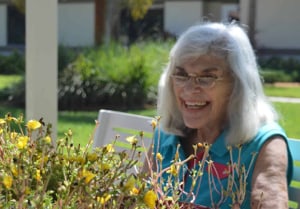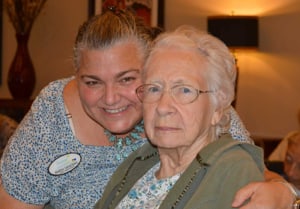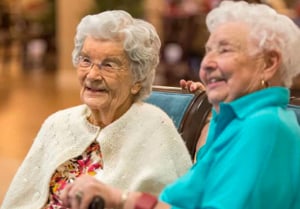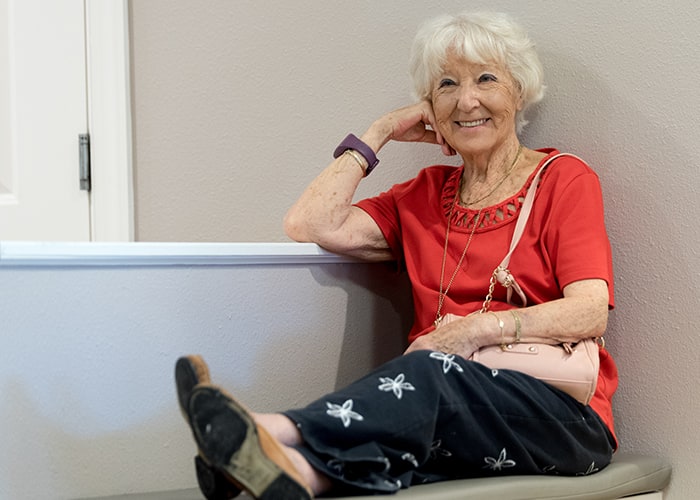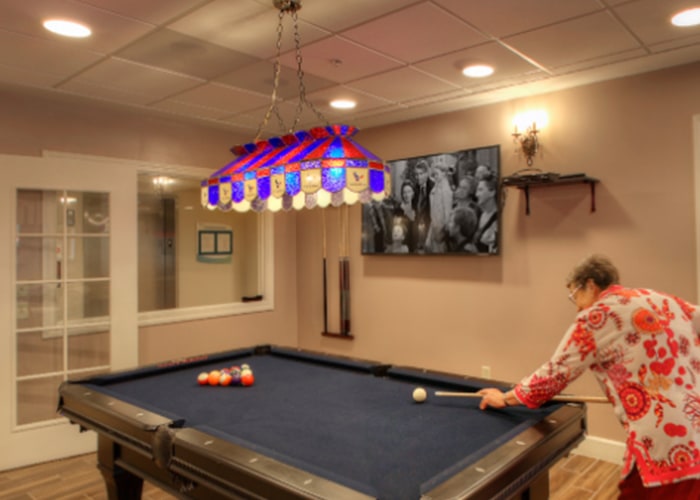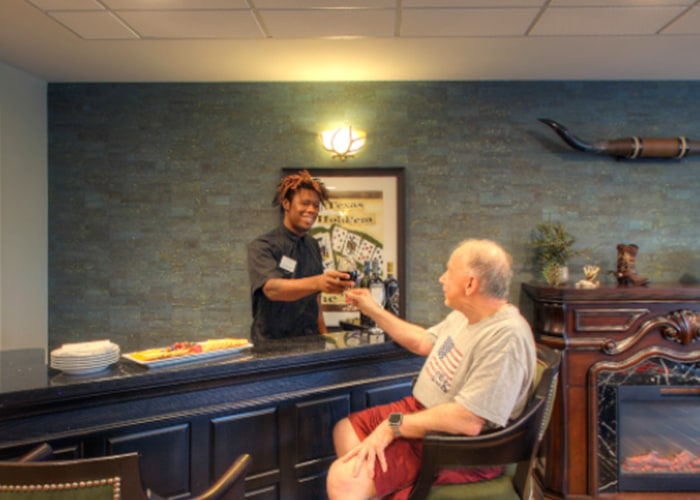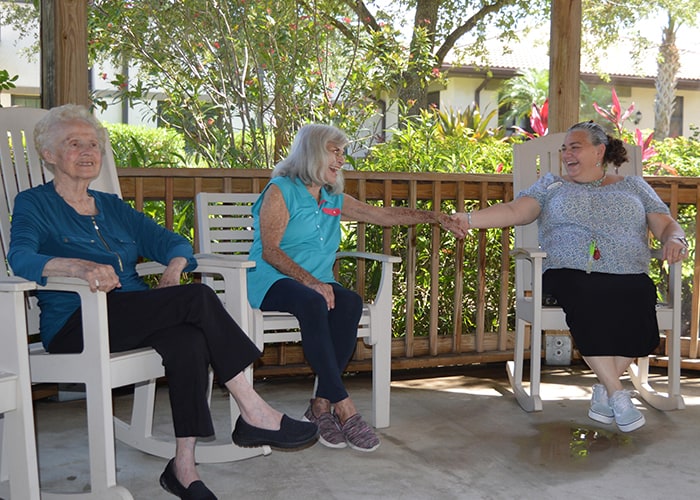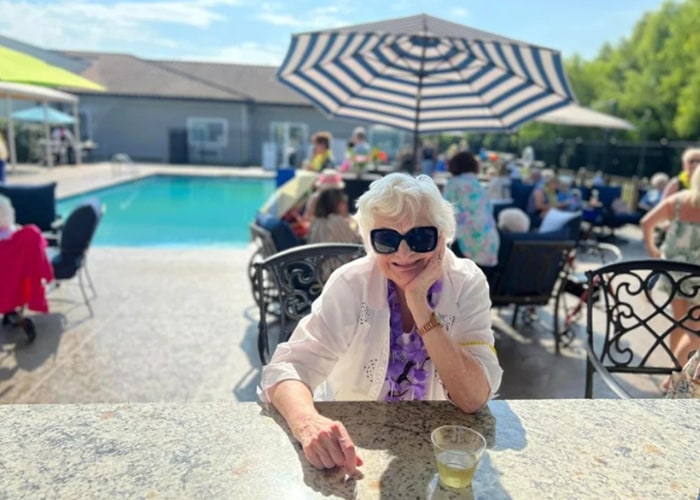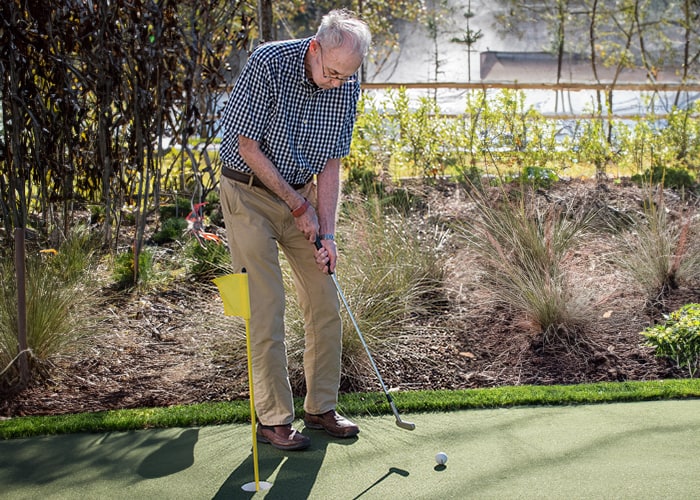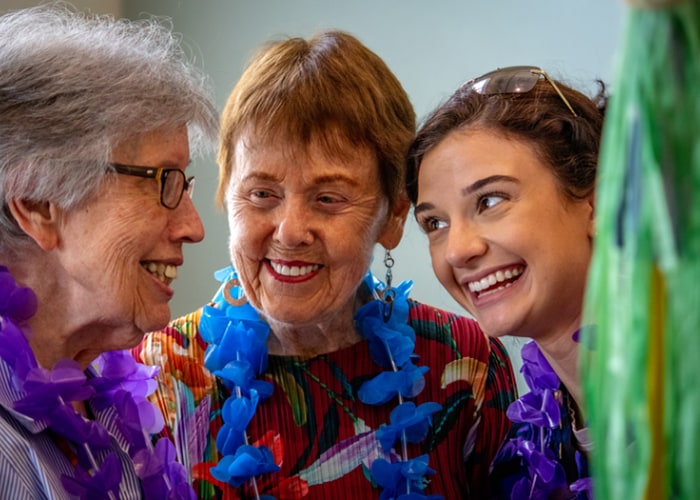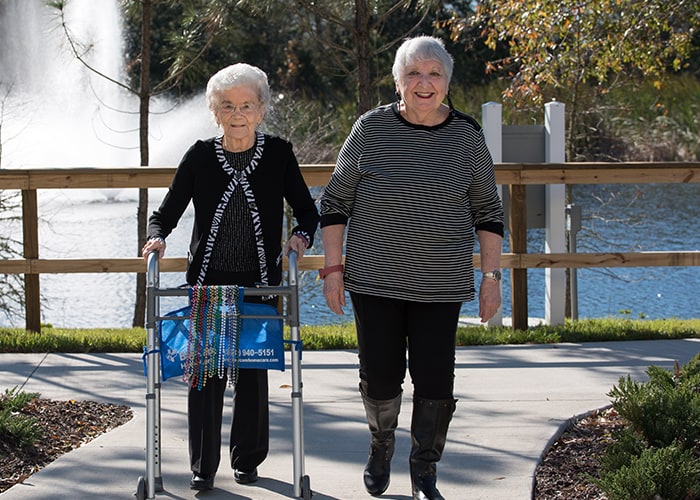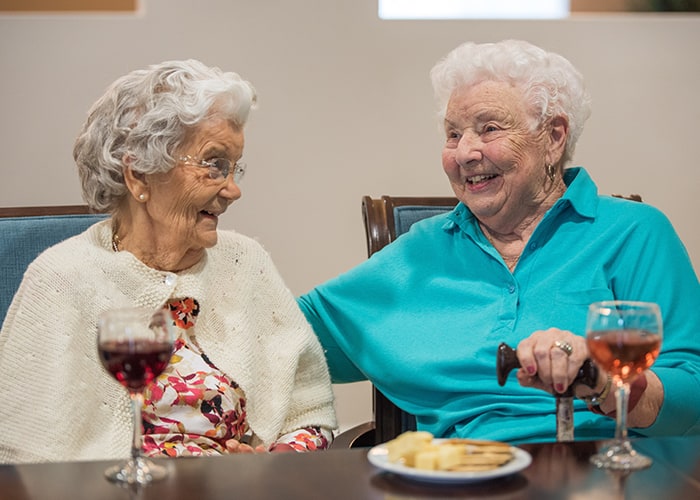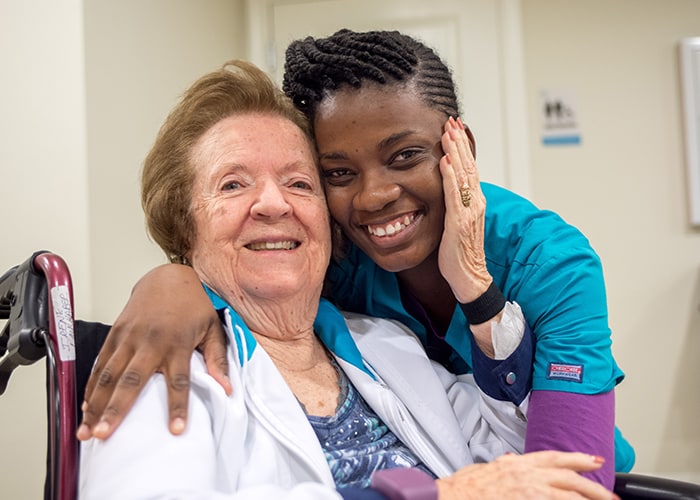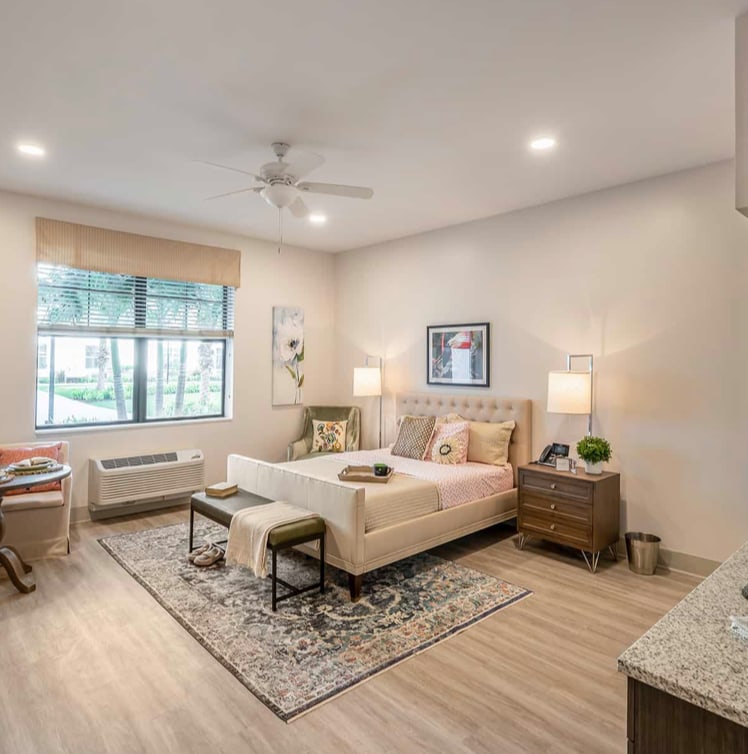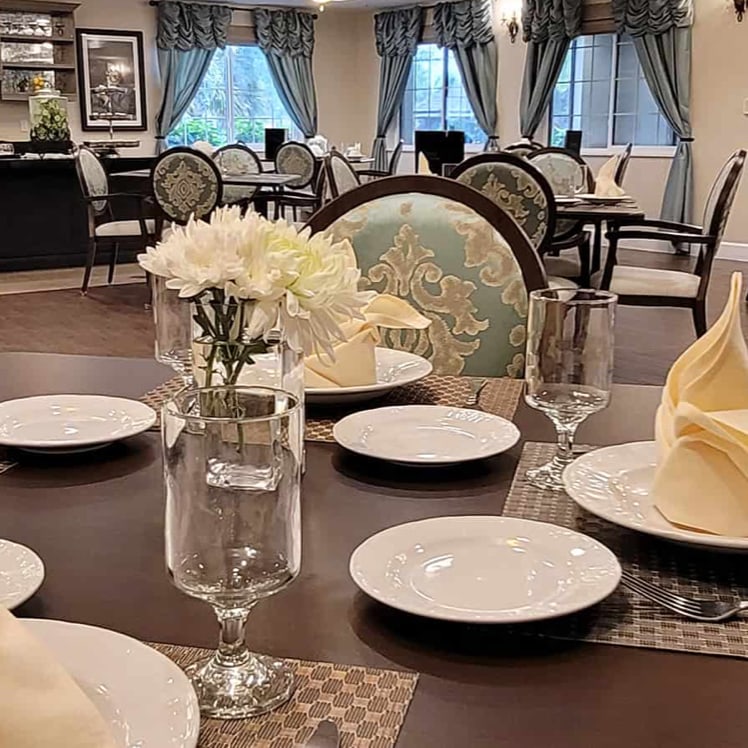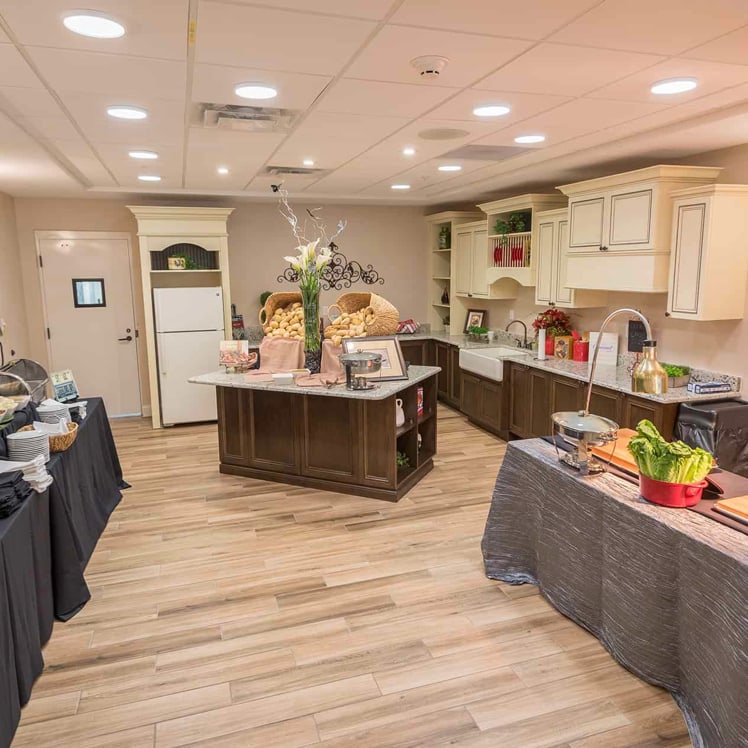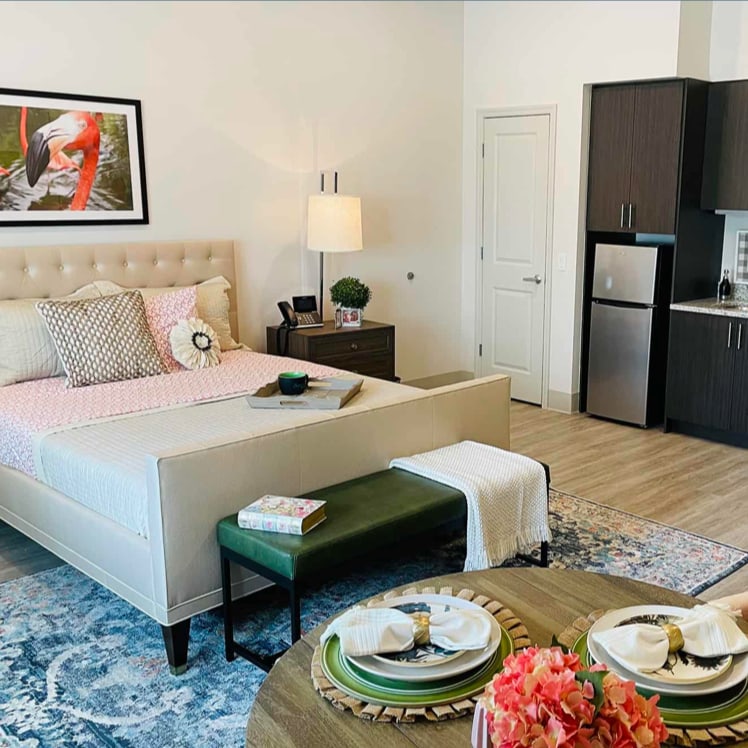Key Takeaways
- Assisted living offers a balance of independence and personalized support for daily activities.
- Nursing homes are designed for individuals who need continuous, skilled medical attention.
- The daily lifestyle, social environment, and living spaces differ greatly between the two.
- Other senior living options, like independent living and memory care, are available to meet various needs.
- Costs and payment structures vary, with nursing homes generally being a more expensive option due to the level of medical services.
Understanding the Difference Between Assisted Living and a Nursing Home
Understanding your options is the first step toward finding the right support for yourself or a family member. The world of senior living includes many different choices, and it’s helpful to know when it might be the right time to explore them.
The primary difference is that assisted living communities focus on support and independence, while nursing homes provide comprehensive, 24-hour medical care. Both offer valuable services, but they serve different purposes based on an individual’s health and personal care requirements.
Assisted Living: Support and Independence
Think of assisted living as a bridge between living at home and needing significant medical support. It’s an option that pairs the freedom of an independent lifestyle with helpful services. We see it as a way for moms and dads to continue living an active, engaging life with the right amount of help for daily tasks.
Our approach to assisted living is about creating a vibrant community where residents can thrive. We also offer specialized memory care for those who need a different kind of support.
What Is Assisted Living?
Assisted living provides support with activities of daily living, or ADLs. This can include help with bathing, dressing, grooming, and preparing meals. The goal is to help individuals live as independently as possible.
It also emphasizes an active and social lifestyle. Residents are part of a community, with regular opportunities for connection and engagement.
Who Is a Good Fit for Assisted Living?
This type of senior living is a wonderful fit for someone who needs some daily support but does not require 24-hour skilled medical attention. It’s for those who may find managing a household challenging but are otherwise able to live on their own.
It’s also a great choice for individuals looking for more social connections. It also offers a welcome release from the demands of home maintenance, cooking, and cleaning.
Common Services in an Assisted Living Community
- Meal services
- Housekeeping and laundry
- Medication management assistance
- Social and recreational programs
- Transportation for errands and appointments
Nursing Homes: Comprehensive Medical Support
A nursing home provides a much higher level of medical care than an assisted living community. This setting is for individuals with complex health conditions that require ongoing attention. Here, the focus is on medical support provided by licensed professionals.
What Is a Nursing Home?
A nursing home offers skilled nursing services and medical care around the clock. Registered nurses and other medical staff are always available to manage health needs. The environment is structured to deliver consistent medical supervision.
Who Typically Resides in a Nursing Home?
Individuals who live in nursing homes often have chronic health issues that require daily medical care. It is also a common choice for those recovering from a serious medical event, like a major surgery. Residents here need the kind of consistent attention a medical team can provide.
Common Services in a Nursing Home
- 24-hour skilled nursing care
- Rehabilitative services like physical, occupational, and speech therapy
- Assistance with all daily living activities
- Management of complex health conditions

Key Differences: A Side-by-Side Look
Seeing the options side by side can make the distinctions much clearer. For families and potential investors, understanding these differences is a large part of the decision-making process, and knowing the right questions to ask can provide clarity. The main variations fall into three categories.
Level of Care and Medical Oversight
- Assisted Living: This type of senior living focuses on personal care and support. While health services are available, medical oversight is not continuous.
- Nursing Home: The primary focus is on skilled medical care. Licensed professionals are on-site 24/7 to address health concerns.
Daily Life and Social Environment
- Assisted Living: This lifestyle promotes independence. Communities often have full calendars of planned social events and activities.
- Nursing Home: Daily life is more structured. Activities are often centered on the health and wellness needs of the residents.
Living Spaces and Personal Freedom
- Assisted Living: Residents often live in private or semi-private apartments, sometimes with small kitchenettes. There is a strong emphasis on personal space and autonomy.
- Nursing Home: Accommodations are typically private or shared rooms. These spaces are designed for easier access to care and medical equipment.
Exploring Other Senior Living Options
Assisted living and nursing homes are just two of the options available. The senior living landscape is broad, with different solutions designed for different stages of life. Understanding the full spectrum can help you find just the right fit.
Independent Living
Independent living is for active adults who want the convenience and community of senior living without needing personal care. It’s a great way to enjoy a maintenance-free lifestyle with plenty of social opportunities.
Memory Care
Memory care offers specialized support for individuals with Alzheimer’s or other forms of dementia. These programs are often located within an assisted living community and provide a secure, structured environment with specially trained team members.
Respite Care
Respite care is a short-term stay option in a senior living community. It provides a temporary break for caregivers who need to recharge or attend to other responsibilities, knowing their loved one is in good hands.
Taking the Next Steps
Practical next steps can help you make your decision. Consider touring different types of communities to get a feel for them. You can also speak with healthcare providers and talk with financial advisors to understand your options.At Inspired Living, our mission is to nurture a vibrant community where connections between mind, body, and spirit can flourish. We invite you to learn more about how our approach to senior living can support you or your family. Contact us today to schedule a visit.



